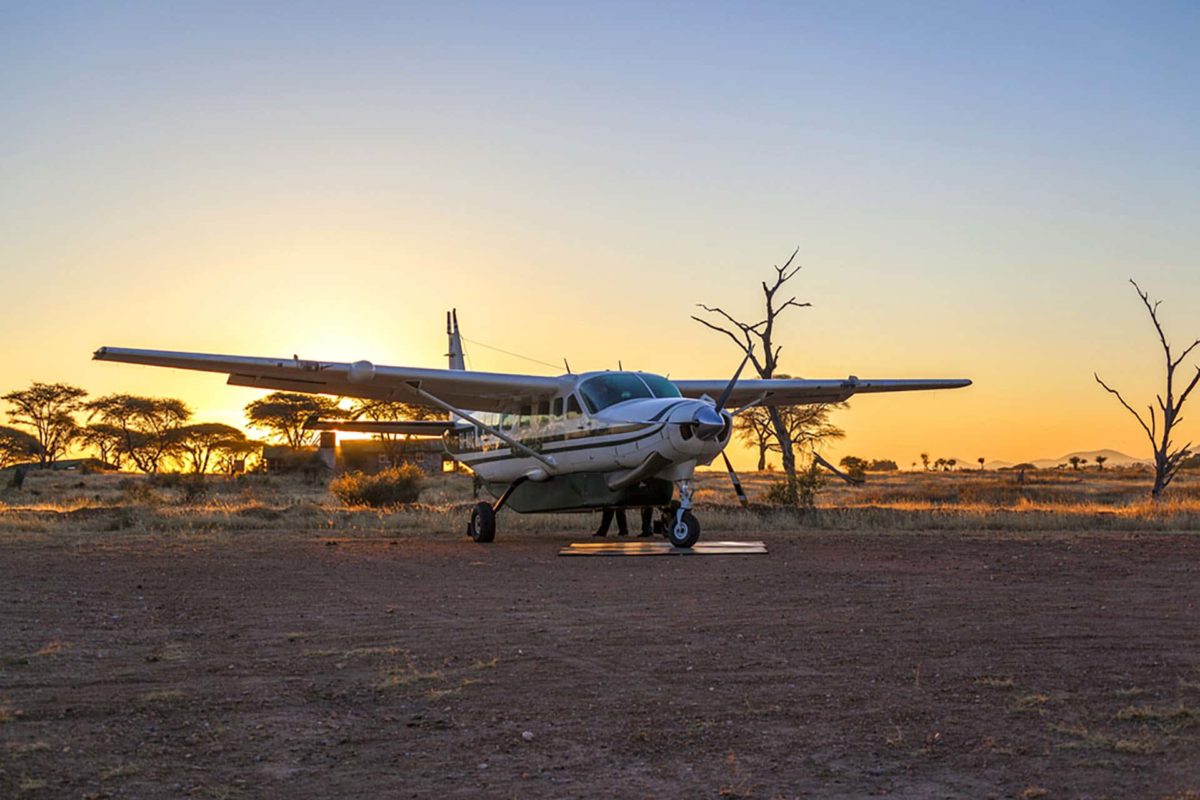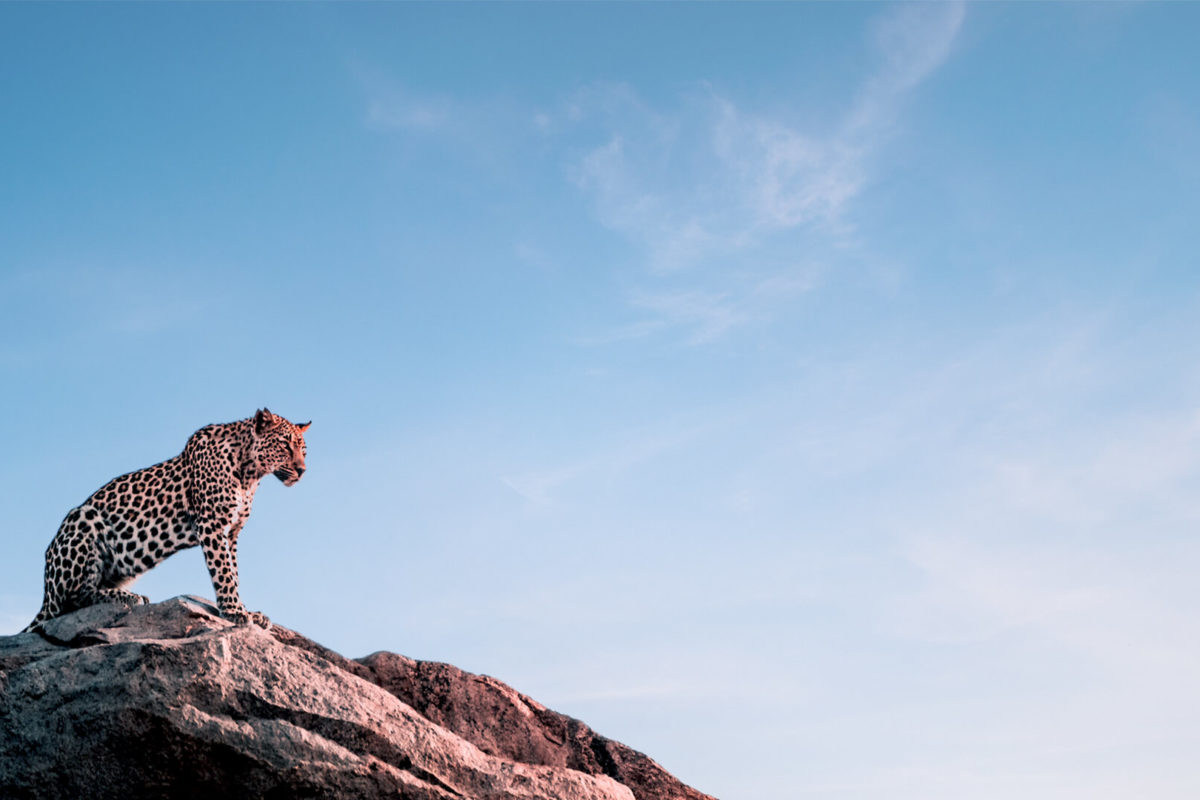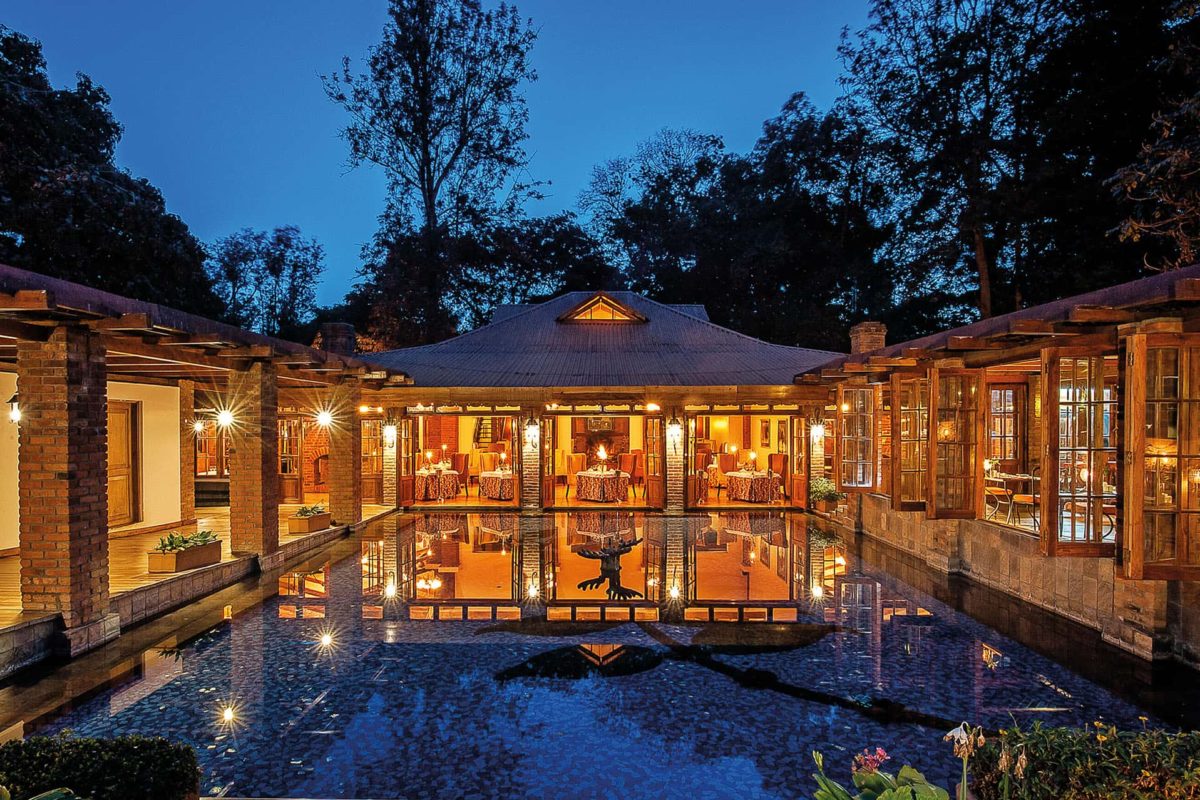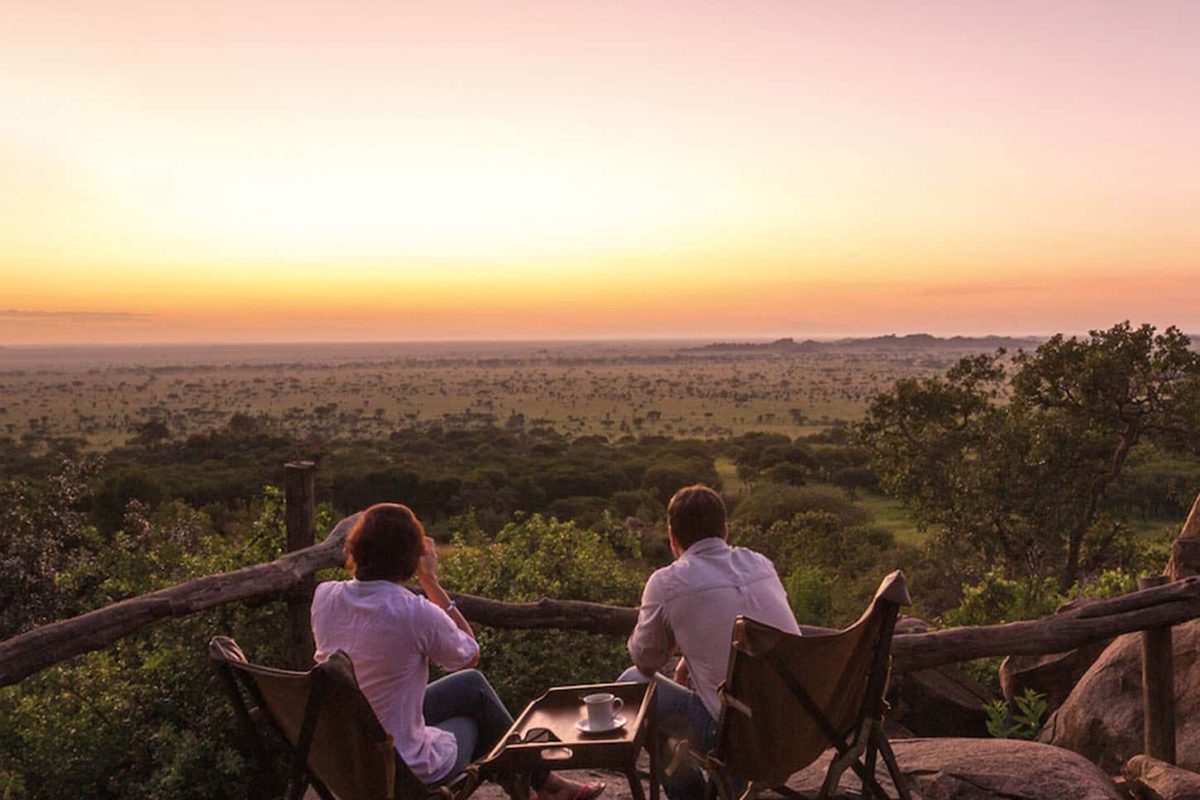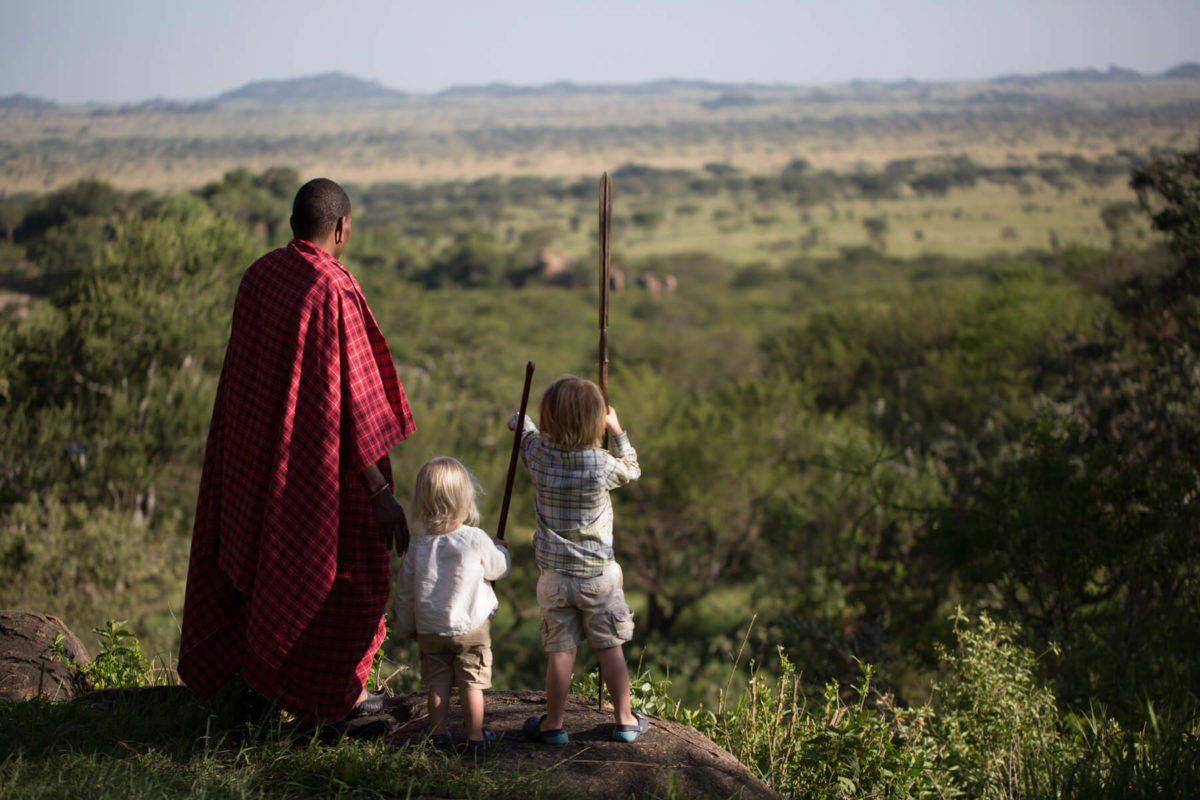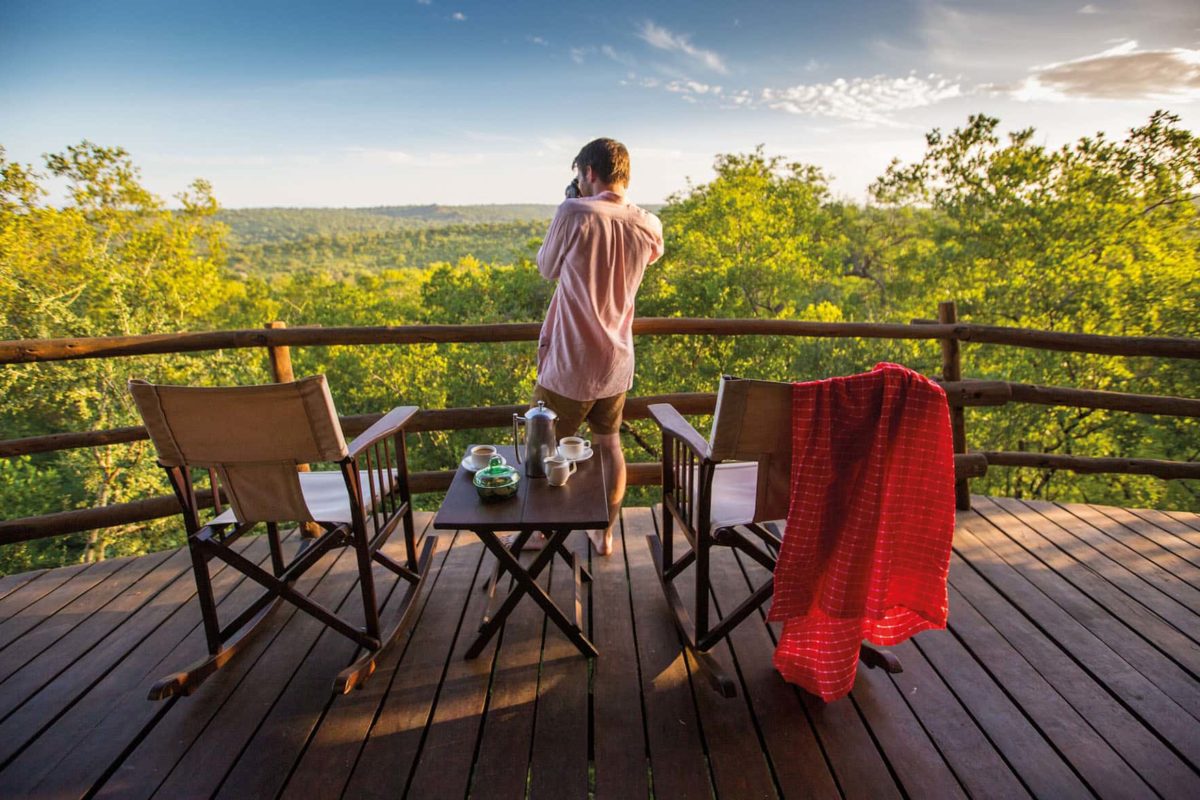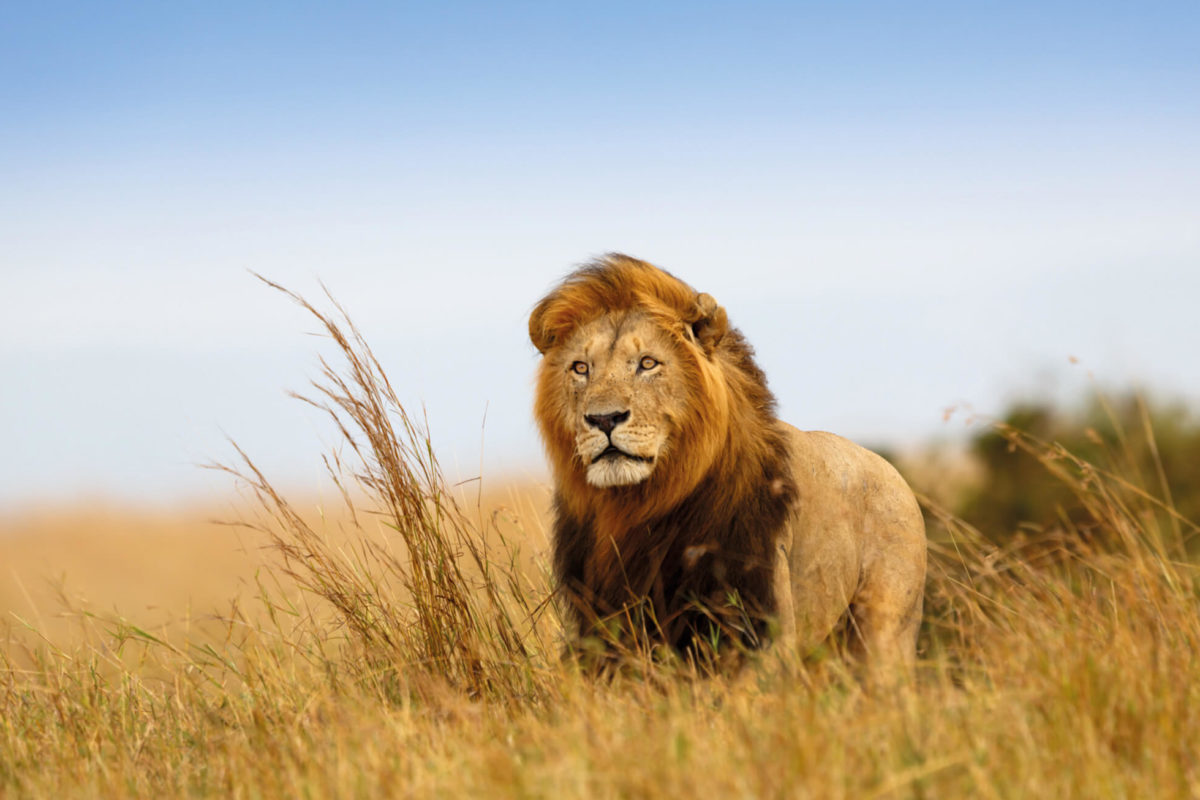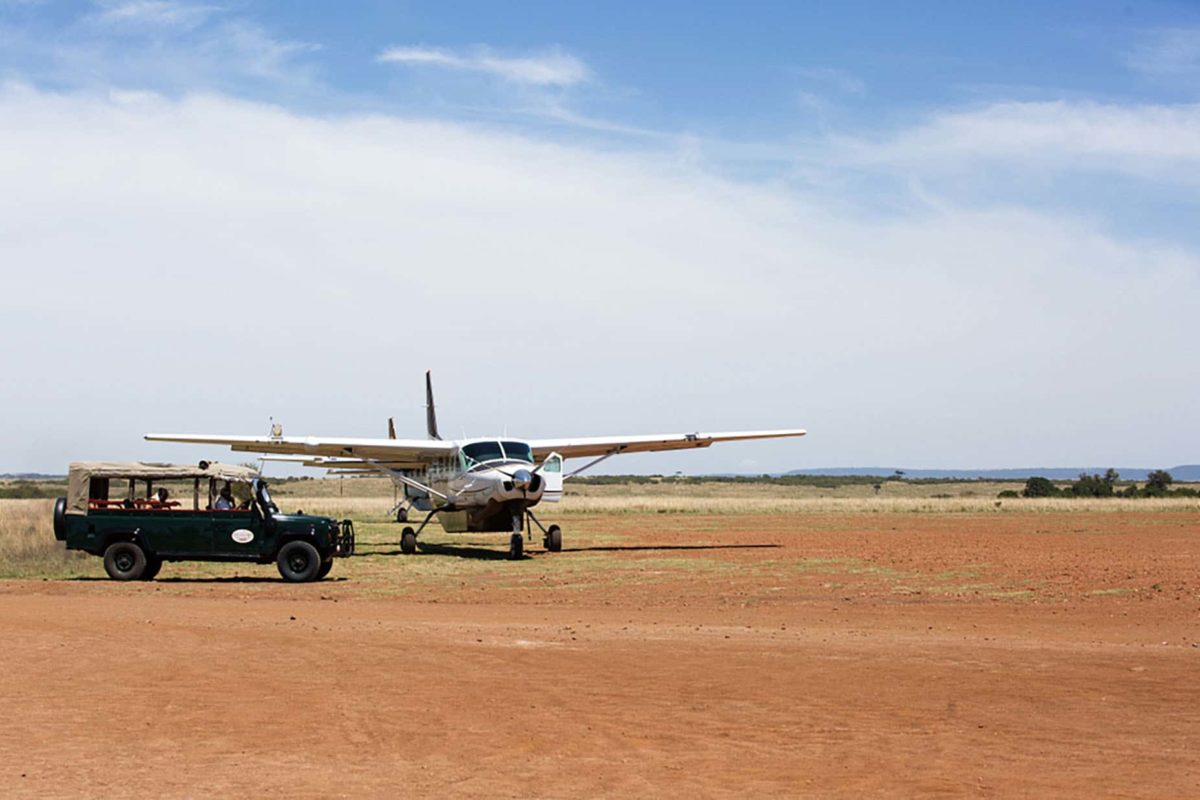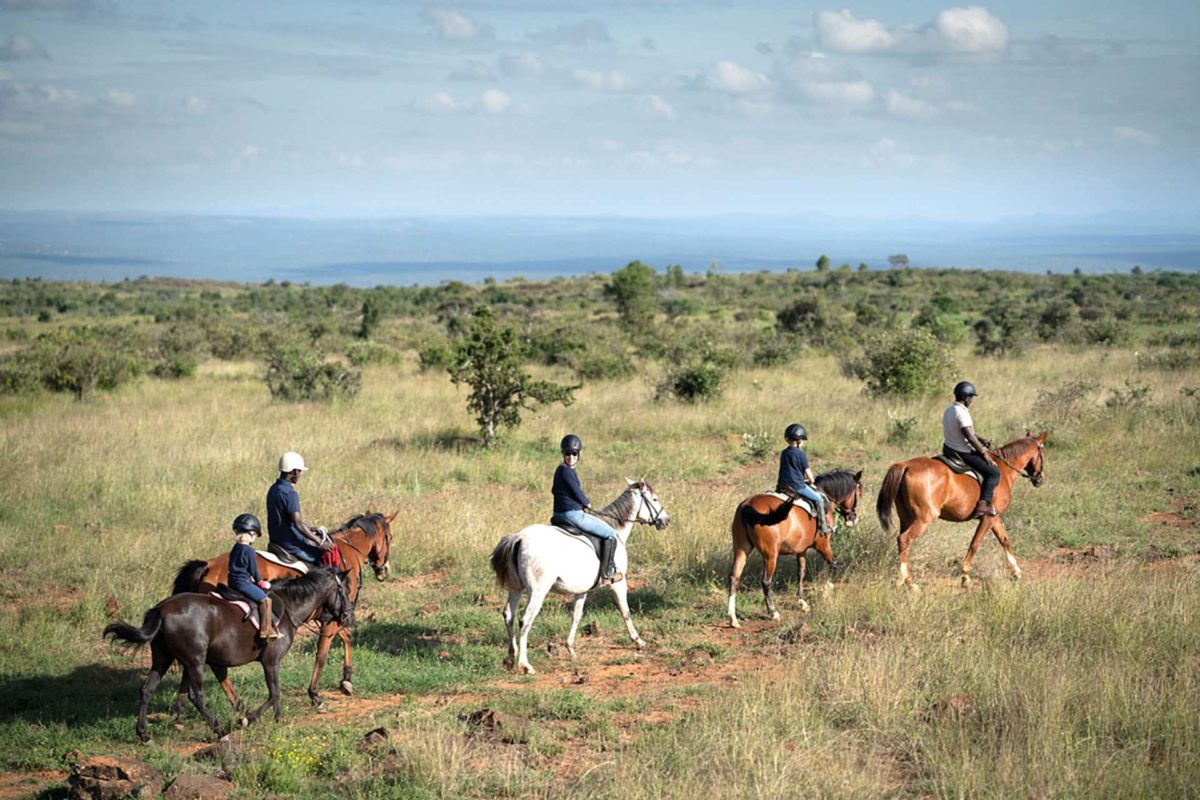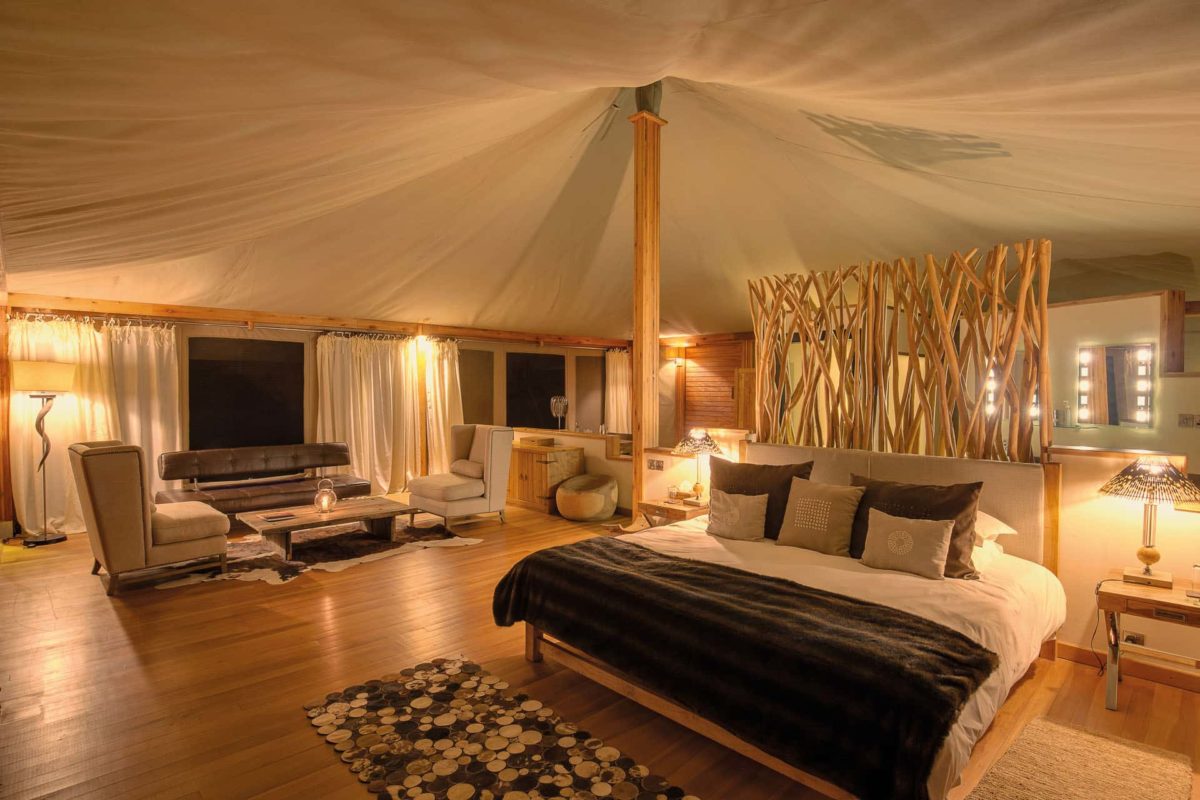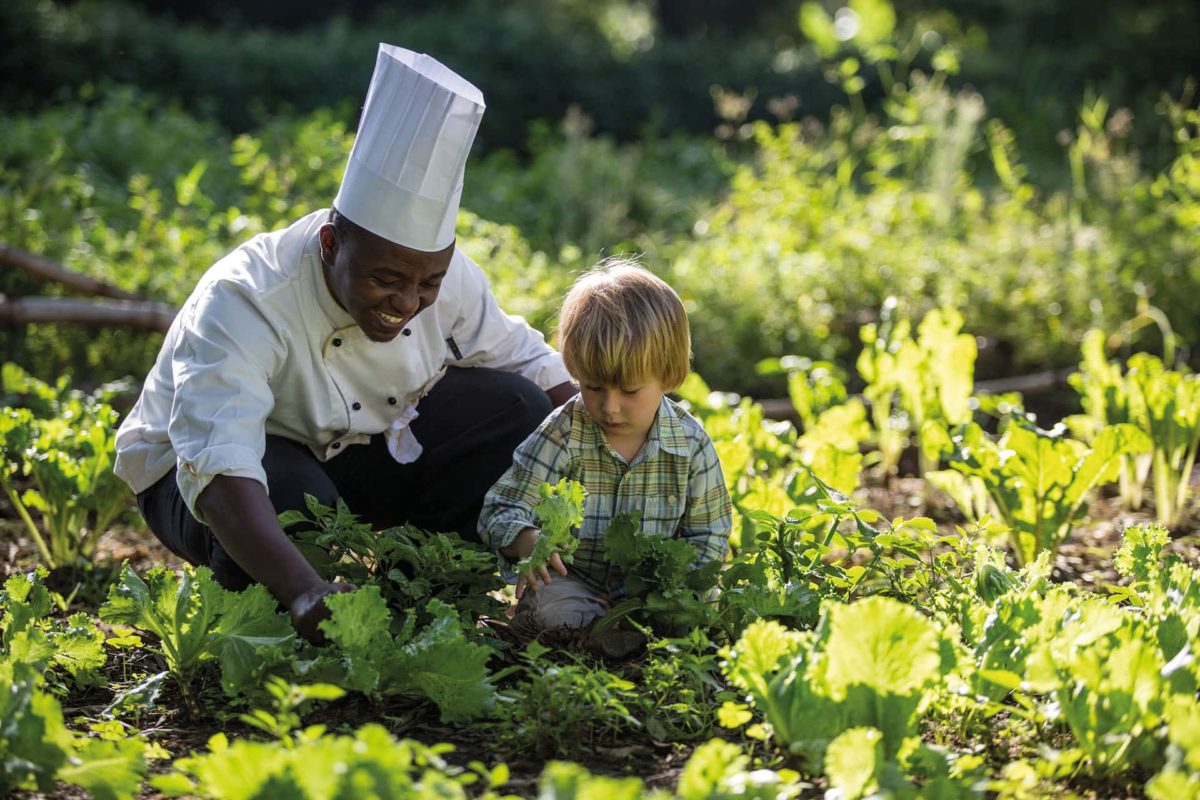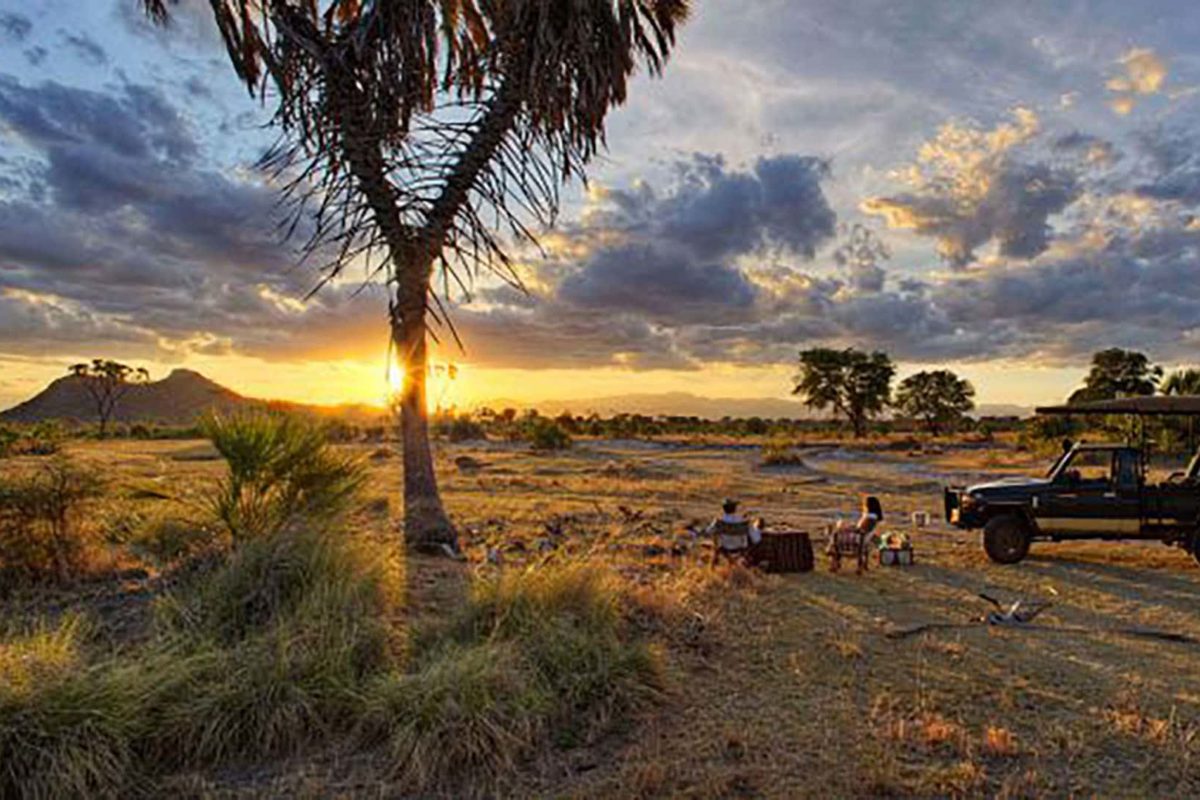Newsletters
NOVEMBER 2022
Book your SkySafari trip in advance and benefit with 10% savings on all itineraries in Kenya and Tanzania, including our East Africa programme
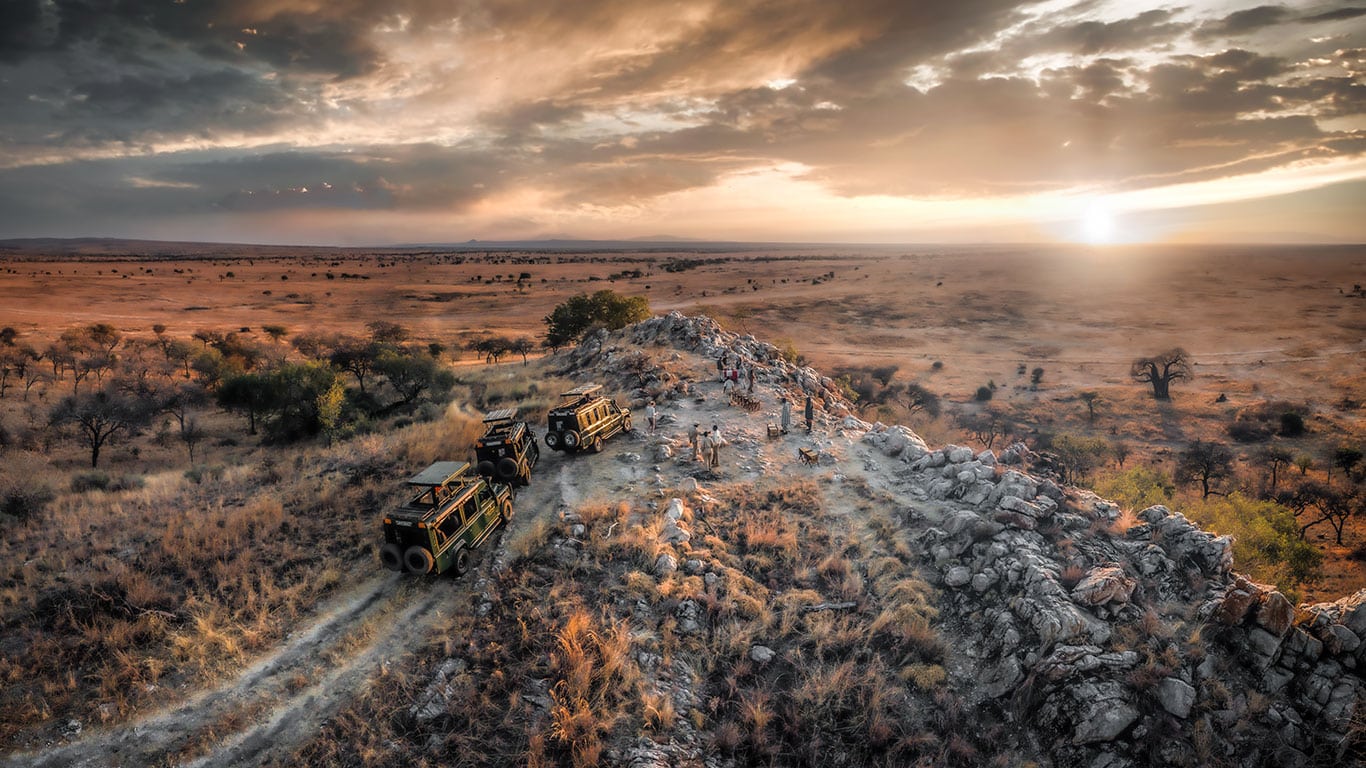
Book your SkySafari trip in advance and receive 10% savings on all our marvellous itineraries in Kenya and Tanzania, including our epic 13-day East Africa safari program.
SkySafari’s Early Bird offer allows guests to book now until 31 January 2023 and save on travel between 1 January and 20 December 2023 excluding the High Season period (July 1st to October 31st 2023). This offer is valid for 8-day and 10-day programmes in Kenya and Tanzania, as well as the 13-day East Africa programme combining Kenya and Tanzania.
For more information on T&Cs and to book a SkySafari programme, contact us at reservations@skysafari.com
Travel in style with your family thanks to SkySafari’s Kenya exclusive buyout now offered with minimum booking of 4 people on mid and low season safaris
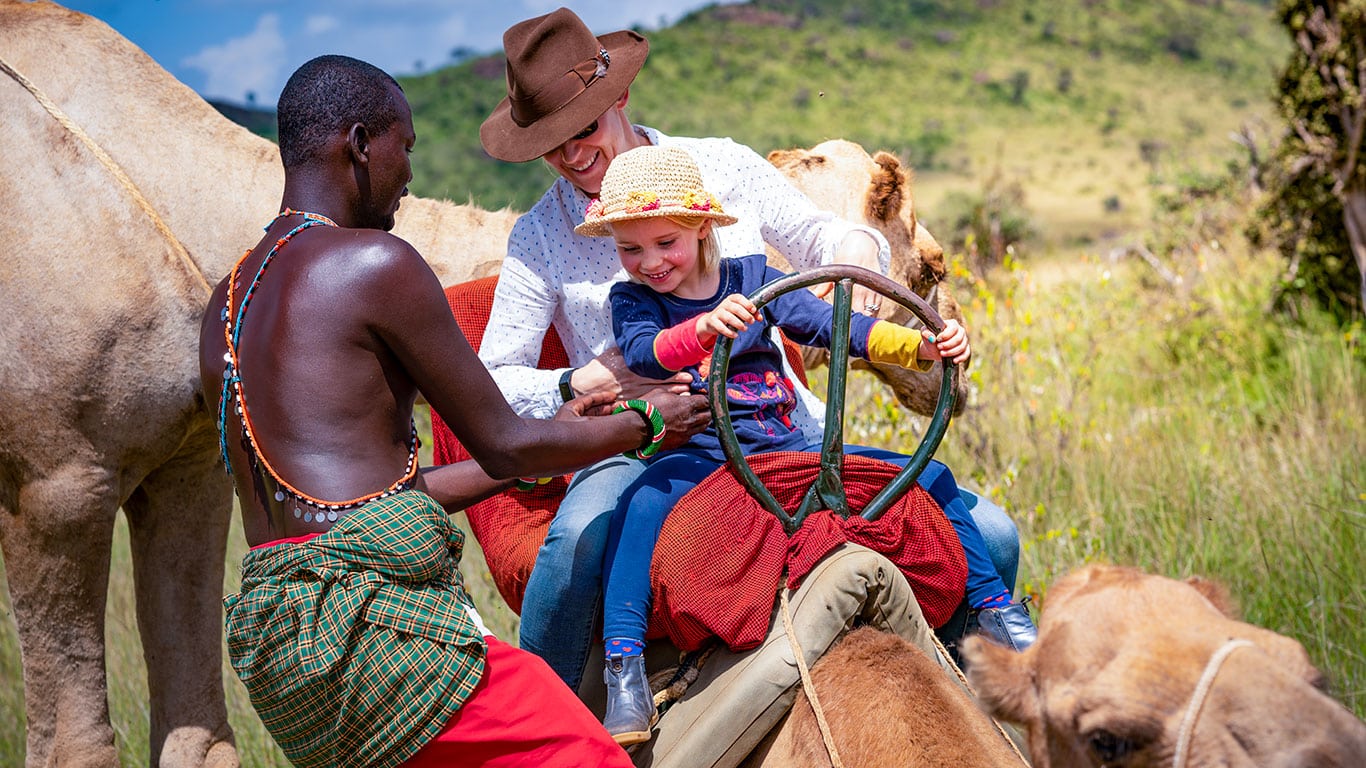
SkySafari invites you to travel in style on safari in Kenya with your family or friends with your own private plane. Thanks to our exclusive buyouts now offered with minimum booking of 4 people on mid and low seasons safaris, you and your family or friends will enjoy your own private plane during your incredible 8-day or 10-day safari adventure in Kenya.
The special offer is valid for stays from 5 January 2023 through 15 May 2023 and can be applied to 8-day and 10-day SkySafari programmes in Kenya. T&Cs apply, and the buyout offer is valid for adults and children ages 12 and up. To book an exclusive buyout, contact us at reservations@skysafari.com.
Contact us at reservations@skysafari.com or +255 782 600 049 to book your SkySafari adventure today. This offer is not combinable with any other offers and excludes park / concession fees.
Why Fly Sky
SkySafari carbon emissions are compensated through Carbon Tanzania

The carbon emissions from all SkySafari flights are offset through a compensation scheme in partnership with Carbon Tanzania. This vital funding contributes to the protection of Tanzania’s forests and wildlife.
Carbon Tanzania is a social enterprise dedicated to the protection of Tanzania’s valuable natural resources. In 2020 Carbon Tanzania’s natural climate solutions benefited 63,000 indigenous and forest people, protected over 650,000 ha of forest, and verifies 1.4 million emissions reductions.
Sky Community
Every room night booked with SkySafari contributes to local community initiatives
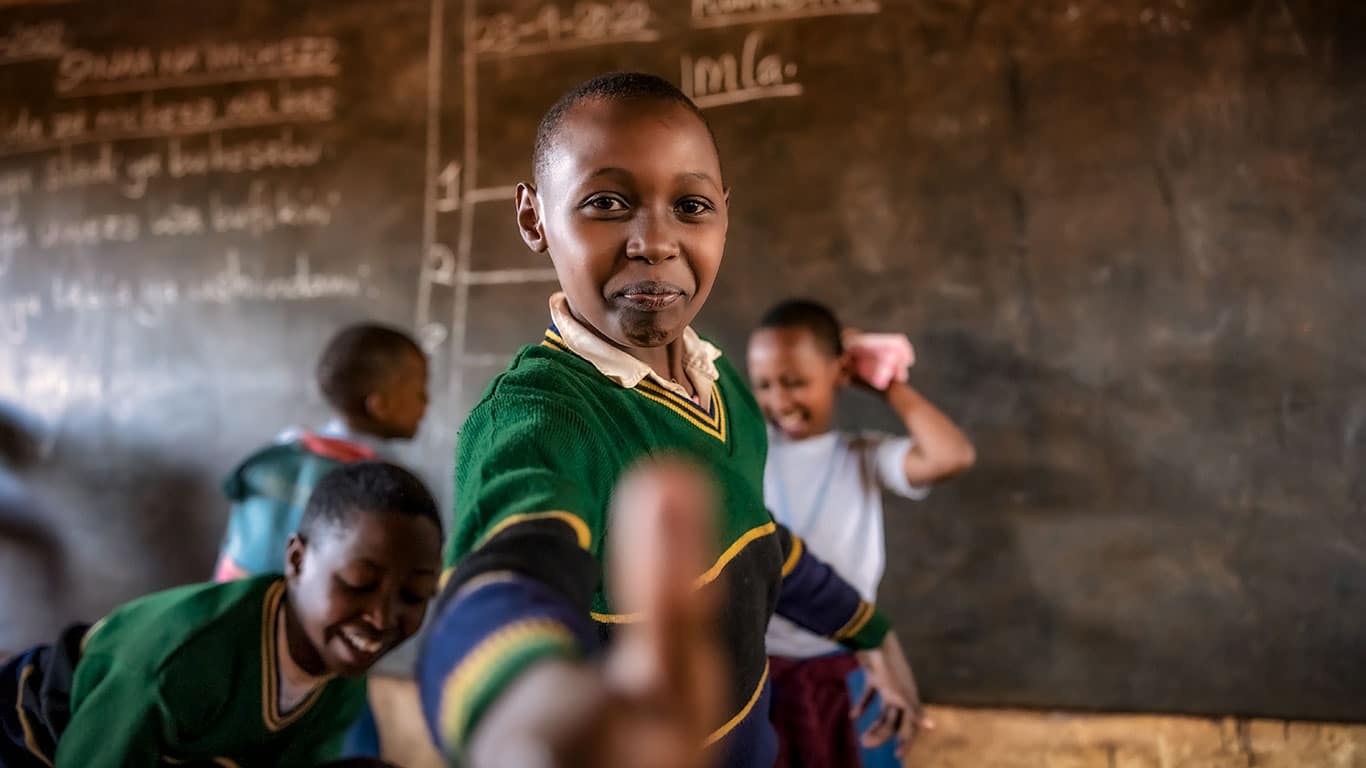
Every room night booked through SkySafari contributes to the Land & Life Foundation which is committed to ensuring that the local communities receive income and tangible benefits from tourism in the region. With the majority of Kenya’s wildlife living outside of the National Parks, it is essential to conservation that local communities are on side and supportive of sustaining their local environment.
A few examples of initiatives that Land & Life has implemented over the past years include the Wildlife Warrior Programme, educating local children on the advantages of preserving wildlife and understanding the support that tourism can bring to this cause. Sponsorship packages have enabled local Kenyans to excel in school and graduate into careers in conservation. Donations have also helped build schools and clinics that bring much needed health care to these remote regions.
For further information on these initiatives and other great programmes visit https://landandlife.foundation/
Fly In Chats
Sarah Borman of Carbon Tanzania shares more about the partnership with SkySafari
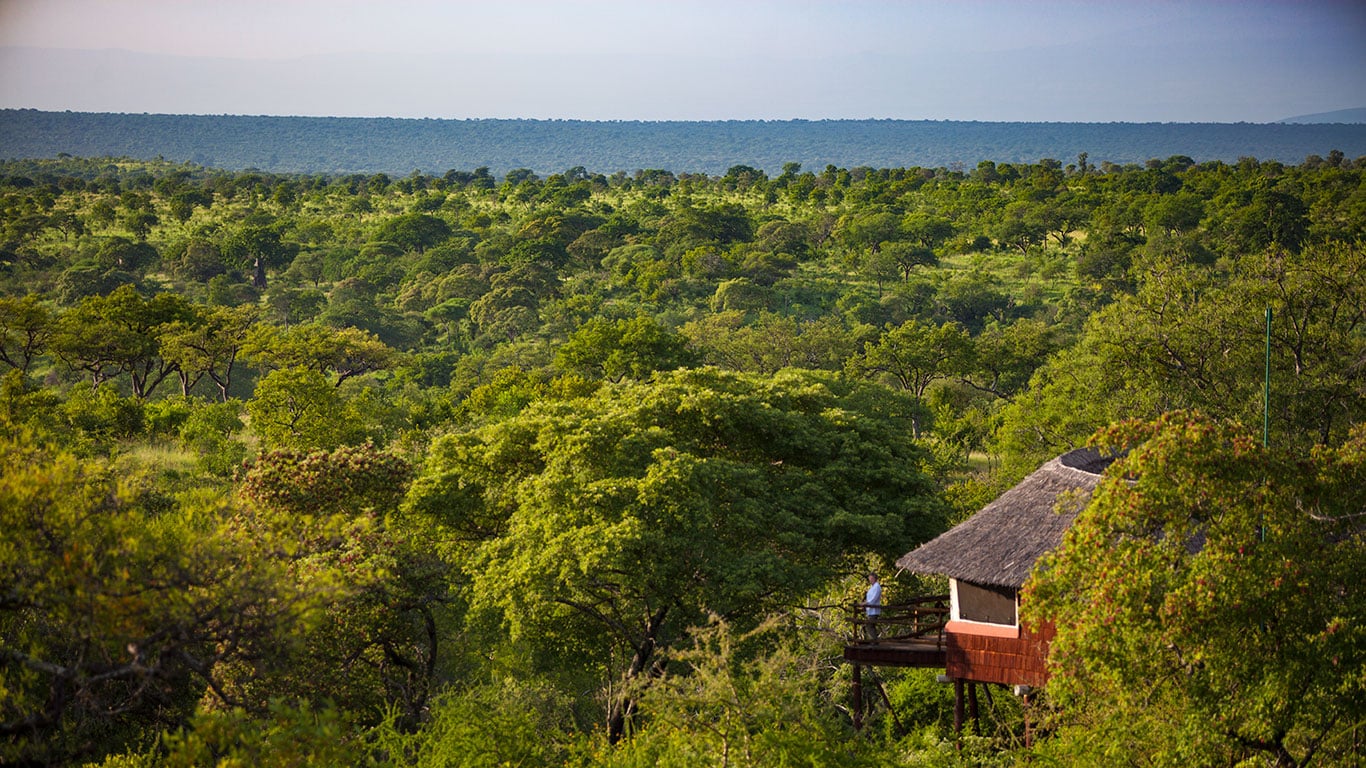
We had the opportunity to speak with Sarah Borman of Carbon Tanzania, who shared more about the partnership with SkySafari.
What is Carbon Tanzania’s goal in creating a partnership with SkySafari?
By working with SkySafari, we are connecting international travellers with Indigenous peoples and forest communities in Tanzania. Through purchasing high-quality carbon credits generated by our forest community partners forest protection activities, SkySafari guests are able to support these communities in keeping their threatened forests standing. The protection of these forests provides habitat for wildlife and allows the indigenous Hadza hunter-gatherer and Datooga pastoralists to practise their traditional lifestyles that are entirely dependent on healthy ecosystems.
How do Carbon Tanzania’s projects benefit as a result of the collaboration with SkySafari?
60% of the revenue generated through the sale of high-quality carbon credits is paid directly to the communities of the Yaeda-Eyasi Landscape project, which is used for development and livelihood needs. These communities have autonomy over how the revenue is spent. Most communities spend revenue on needs such as accessing health services and paying school fees or further education needs. They also cover the salaries of over 100 Village Game Scouts (VGS) whose forest protection activities protects over 110,000 ha of drylands forest – the ancestral forests of the Hadza hunter-gatherer communities. The VGS keep 171,000 trees standing, avoiding over 177,000 tonnes of CO2, and protecting habitat for 12 endangered species.
What are some of the specific projects that have benefited?
SkySafari purchases certified carbon credits from the Yaeda-Eyasi Landscape Project. The communities use the revenue earned from the sale of carbon credits to pay for the salaries of Village Game Scouts, to support healthcare initiatives, improve access to education, improve governance and support community development initiatives.
Can you share some details about how Carbon Tanzania’s projects follow the REDD methodology?
REDD is a framework created by the UNFCCC that promotes the sustainable management of forests in developing countries. Carbon Tanzania’s community led approach to REDD allows forest communities to earn revenues in return for measurable and verifiable forest protection activities. Our approach demonstrates REDD is a powerful tool in delivering international climate finance to front line communities managing large landscape conservation projects with measurable outcomes for biodiversity and forest communities.
